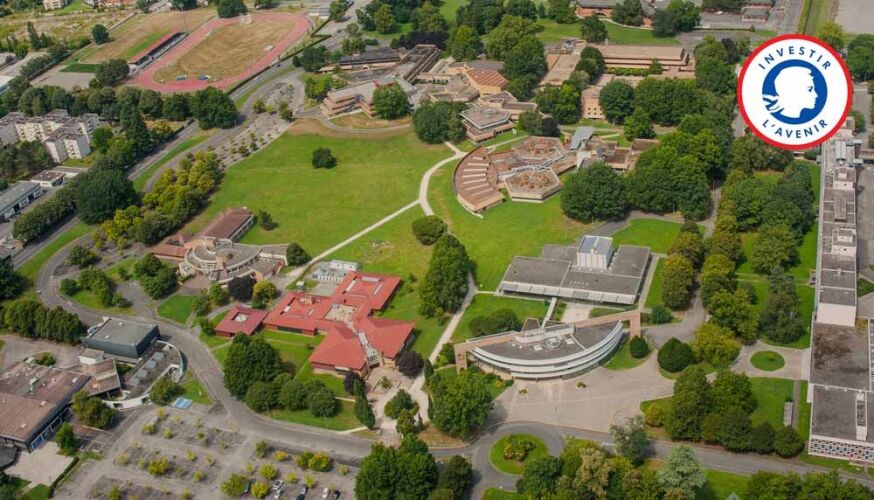 Université de Pau et des Pays de l'Adour
Université de Pau et des Pays de l'Adour Overview
UPPA has been reorganised by grouping the ten existing components into three Colleges:
- The College of Sciences and Technology for Energy and Environment
- The College of Social Science and the Humanities
- The College of Cross-border, European & International Studies
These Colleges represent a new level of governance and decision-making in terms of teaching, research and innovation; they play a role in the elaboration of the university’s policy.
This policy is defined by the university’s central board, whose task is to implement the said policy, in accordance with a several years contract, specifying objectives and resources.
Teaching and research is structured across two levels, Undergraduate and Graduate studies.
Each College is composed of two multi-disciplinary Departments; one for Undergraduate Studies, one for Graduate Studies.
For “Undergraduate Studies”, the Department is associated with the Institutes of Technology.
The objective at this level is for the University to fulfill its public service mission by meeting the higher education needs of the surrounding areas through the recruitment of local students.
The “Graduate Studies” Department is associated with the Engineering schools, the Institute of Business Management, the research units, the doctoral schools and the instrumentation platform...
Priority is given to high-recognition degrees with national and international recruitment.
Associate professors and professors are being recruited by the Colleges and expected to teach at both the graduate and undergraduate levels.
What is E2S UPPA for the Université de Pau et des Pays de l'Adour ?
"E2S" stands for Energy Environment Solutions.
That is the name of the I-Site project submittedby the Université de Pau et des Pays de l'Adour, in 2016 .
The Energy Environment Solutions (E2S) project is centered around an academic consortium composed of the University of Pau and the Pays de l’Adour (UPPA) and three national research organisations, National Institute for Agronomy and the Environment (INRAE), Institute for Research in Computer Science and Automation (Inria) and the French National Centre for Scientific Research (CNRS) .
The core scientific domain of the project focuses on Environment and Energy and relies on strongly recognised laboratories supported by state-of-the-art equipment. The assessment and acceptance of new solutions and the public regulations will supply the area with interdisciplinary reflection.
Upon the obtention of the I-Site label, in 2017, the university then registered the brand E2S UPPA, both as the new name of their project and as a mirror of the university involvement.
One of E2S UPPA principal assets is its strong relationships with major international companies which can find in this partnership the scientific excellence they expect. Their industrial R&D centres on the site are already a key factor in consortium policy and will play a growing part for the next ten years.
These companies have created CEPyA (Cluster Enterprises Pyrénées Adour) which supports E2S UPPA in its trajectory towards a model for scientific excellence and international visibility.
Another primary goal is to increase international attractiveness in both education and research: to attract the world's best students, the university will acheive higher and higher level of quality.
Management and efficiency are conditions for success. The UPPA went from an organisation split in 10 components to a structure with three integrated faculties. A specific governance has been created for the project.
An aggressive recruiting policy generates an increase in academic researchers and PhD students. The industrial partnerships provide new forces, which, associated with the consortium's potential, has a leverage effect on research and innovation.


